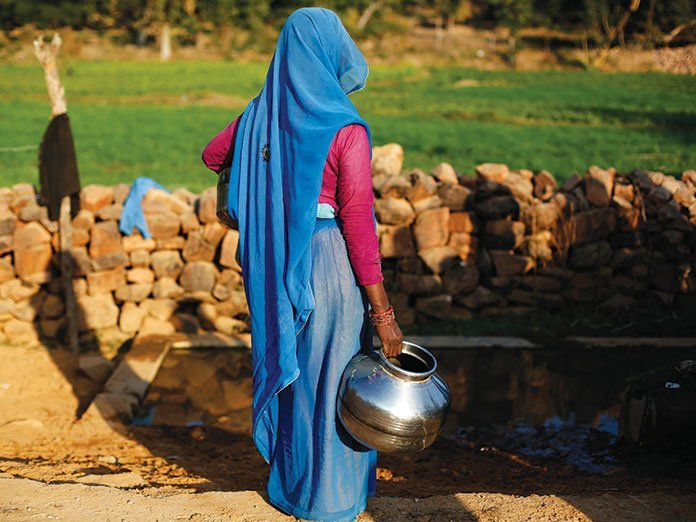Live
- 240 nominations filed for Nandyal & Kurnool
- Roof India 2024 to showcase innovation and growth in roofing technology
- Shirisha Leads Extensive Election Campaign in Ibrahimpatnam to Support Vasanta Krishna Prasad's Success
- YSRCP Candidate Velampalli Srinivasa Rao's Daughter Leads Campaign for Father's Victory"
- YSR Congress Party holds Gadapagadapa in Vijayawada West Constituency ahead of elections
- First-time woman candidate from Eluru declares assets worth 37 crore rupees
- Yarlagadda Venkatarao's Wife Gnaneshwari Advocates for TDP Schemes for Women Empowerment in Gannavaram Constituency
- Sheikh Asif express Confident of Winning Vijayawada West Constituency with Support of Local People
- Wide-scale election campaign of Chintamaneni Prabhakar in Denduluru
- Is 'Kanguva' the Most Expensive Film Ever Made in Suriya's Career?









